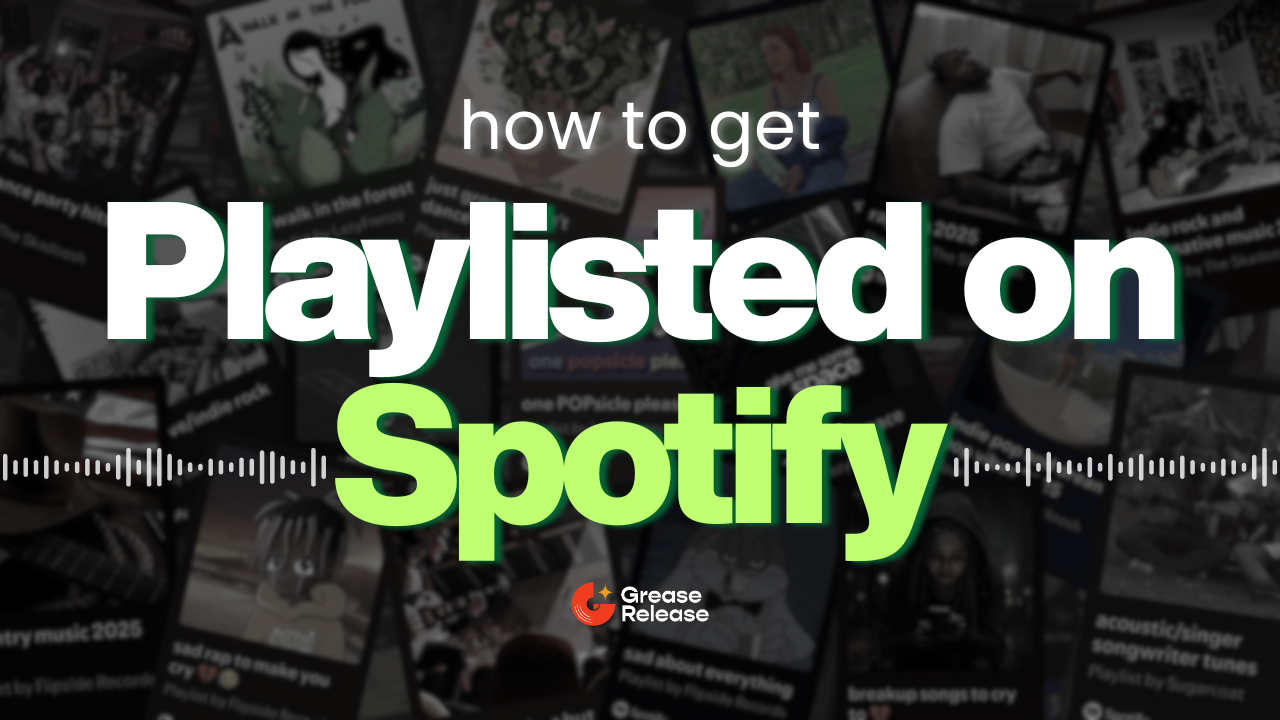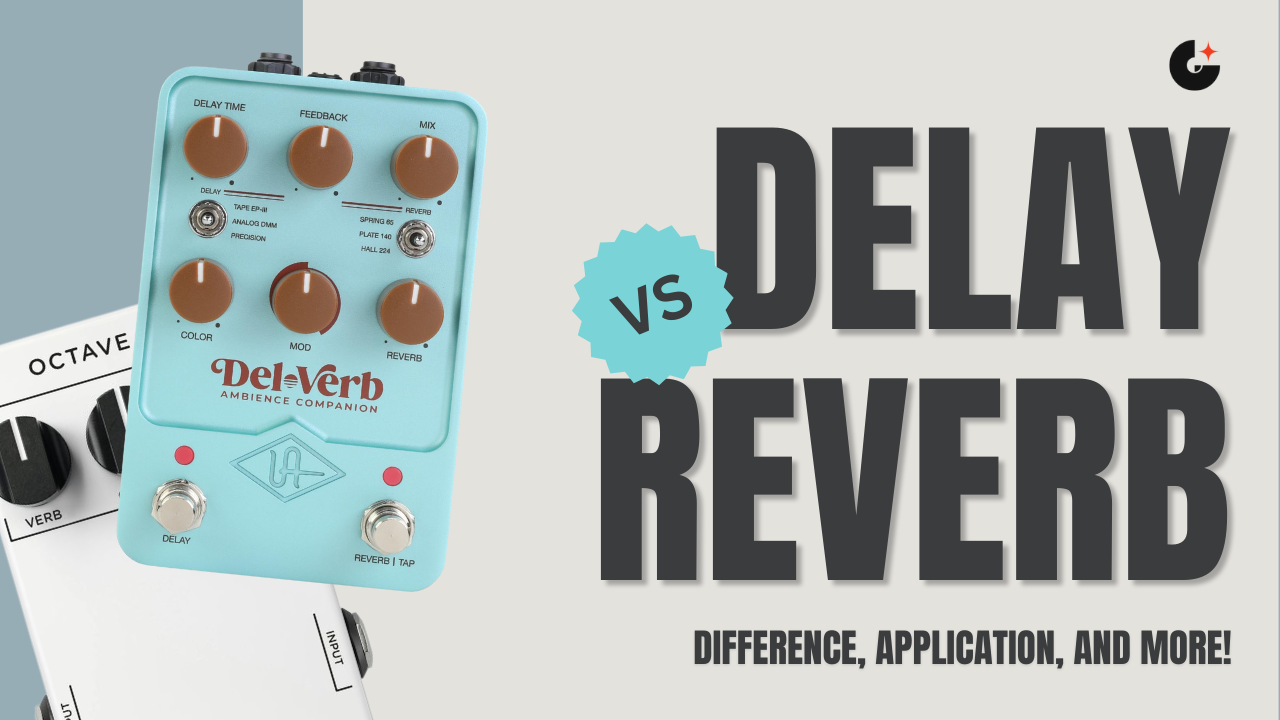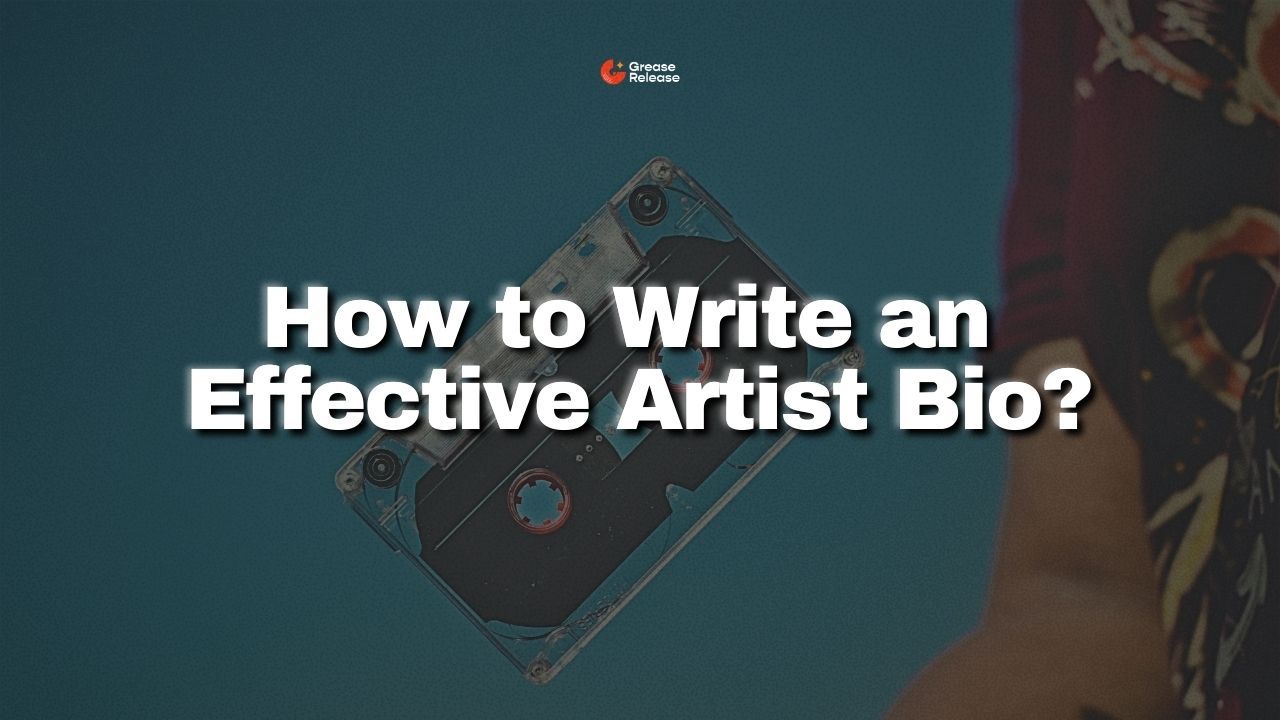
Why Music Collabs Are Important In 2026?
Feb 14, 2024Music Collaborations for Independent Musicians
If FKJ hadn’t collaborated with Masego, we would have missed out on one of the coolest jazz/R&B tracks - Tadow. Would the world be the same without I Don’t Live Forever by Taylor Swift and Zayn Malik? No. Music collaborations aren’t just about making music together, it is the creative culmination of musical visions, themes, and artists who try to combine their talents to make something fun together. But does this formula apply to independent artists as well? Yes!
In this article, we have tried to answer a few questions:
- What is a music collaboration?
- Why should you do a music collaboration?
- What are the different types of music collaborations?
- Our Final Thoughts
What is a music collaboration?
A music collab, as most people refer to music collaboration, is a combined effort from two musicians, producers, or music artists. It doesn't necessarily have to be two singers coming together, it could be a music producer and a singer, and so on. They try to channel their talents in such a way that together, their music sounds distinctive and appealing.

Pssst….come here: A music collaboration doesn’t necessarily have to be you and another musician co-writing a song, or making beats together. You can do your own thing and they can do theirs. More often than not, a music collaboration is seen as an opportunity to learn and fill the spaces of your music-making that need improvement or new light. So you could do the songwriting if you are great at it and the other could bring in his instrumental melodies and do the arrangement. You don’t have to do every step of the music-making process together.
Why should you do a music collaboration?
A music collab may just be what you need if you are going through a creative block or a small slump or if you want to explore different genres. A music collaboration, however, could be a great learning experience for any upcoming independent musician trying to make it in an extremely competitive music industry.
Networking Opportunities
Music collaborations could give you an insight into how other musician navigate through the industry and get you contacts in their network. These contacts could help you accelerate your growth and help you get in touch with professionals from different organizations, record label companies, associations, and so on.

Pssst…come here: These professionals don’t necessarily have to be directly involved in the music industry, they could be content creators, dancers, event managers, filmmakers, marketing representatives, and so on. Expanding your creative contacts list should also be your goal with networking.
Collaboration with established artists or composers can provide independent musicians with useful insights for traversing the industry and developing a career. Artists can form connections with people who share their interests, ambitions, and goals by working collaboratively. These relationships may lead to future partnerships, mentorship possibilities, and acquaintances in the music world.
Doubling Audience
A music collaboration will bring in a double audience, one of yours and another of the musicians you’d be collaborating with. So inevitably, you would be introducing the musician you are collaborating with to your audience and the same goes with them. With your music, you’d be promoting alone. But with a music collab, there’d be cross-promotion. When two musicians work together on a project, they usually advertise it to their own fan bases and social media followings. So you will be getting a new following and so will your collab artist.

Pssst…come here: The media, and music PR usually love the news of a music collab. Music journalists, bloggers, and influencers could write pieces, reviews, or feature articles about the partnership, increasing its exposure and appeal. News reports can bring the collaboration to a broader audience, especially followers who may not be as active on social networking sites or streaming platforms as the artists are.
Explore Genres
Partnering with other musicians, particularly those from various genres or backgrounds, can allow you to reach a larger audience. And cross-genre collaborations are more anticipated because the nature of such a music collab would be most surprising. Given that music lovers love novelty in audio-visual media, if you were to give something new to your listeners, a cross-genre music collab would be a great idea.
It also means learning different genres, styles, and musical elements by actively experimenting with the genre. For example, combining parts of electronic dance music with folk or mixing improvisational jazz into rock can result in intriguing new auditory soundscapes that will appeal to listeners from all genres.
Pssst…come here: Remember that the music collaboration isn’t just limited to two musicians trying to work together. It could be more than that, of course, otherwise, ‘Bang Bang’ by Ariana Grande, Nicki Minaj, and Jessie J, wouldn’t exist.

Remember Old Town Road? This hit from 2019 got the recognition it deserved because of its genre fusion of hip-hop and country music. I mean, who’d have thought? Although it was released originally as a hip-hop track by Lil Nas X, it gained traction and became viral on TikTok within a few months. As the song gained traction, Lil Nas X partnered with legendary country musician Billy Ray Cyrus to make a remix of Old Town Road, which featured Cyrus’ singing and an additional verse.
Collaborations across genres challenge established genre limits, attracting listeners who value music that defies classifying. By promoting diversity and innovation, artists can reach a broader demographic that values invention and versatility in music.
Pssst…come here: You could take an opportunity to do a music collab, to explore an underrated or niche genre that you believe will become a trend sometime soon. Collaborations with musicians in genres such as vaporwave, experimental noise, or world music, for instance, might draw a devoted fansbase who value the unique sounds and themes of the genres.
What are the different types of music collaborations?
Technically all music collaborations are just called ‘collabs’ in the music industry, but there are different types of music collaborations that you should know about:
Featured Artist Collaborations
Many times you’d have noticed the word ‘feat,’ or ‘ft,’ in the title of a track. This means the track is a featured artist collaboration. Featured artist collabs entail one artist appearing on another person's song. The featured artist usually adds vocals or instrumental portions to the track, bringing their own distinct style and character to the mix. Hip-hop, pop, and electronic dance music are all examples of genres where featured artists frequently collaborate. Instant Crush by Draft Punk is a featured collaboration with Julian Casablancas.

Producer Collaborations
Producer partnerships occur when two or more music producers work together to produce an arrangement of music. Collaborating music producers may discuss concepts, share samples, or engage in various areas of the music production process, such as beat programming, instrumental arrangement, or final track mixing and mastering.

Justin Bieber was a featured artist in the producer collaboration of Skrillex and Diplo for the song, Where Are Ü Now. Skrillex and Diplo's collaboration as Jack Ü not only created chart-topping records but also sparked a fresh era of creative collaborations in the dance music world, demonstrating the artistic potential of working together in the production of music.
Band Collaborations
As the name suggests, band collaborations are those where different band members collaborate with other independent artists to create music together. These musical projects usually are one-off or side projects for the band members working individually. For example, Jungkook of the BTS band collaborated with Charlie Puth for Left and Right. In this collaboration, more often than not, the member represents the band. Hence; ‘Of BTS.’

Let’s not forget Don’t Forget Who You Are by Miles Kane the lead vocalist of the famous band, Arctic Monkeys. Miles Kane’s work with the Arctic Monkeys members merged their various talents and interests. This led to an album that effectively blended Kane’s indie rock tastes with Turner’s astonishingly vivid and unique lyric writing and Helders’ clean drumming.
Remix Collaborations
If we don’t mention The Weeknd here, what is the point of the article?
Save Your Tears, and Die For You are all massive remix collaborations of The Weeknd with Ariana Grande. In these collaborations, an original track is already released by a musician and is reworked with another for a remix of the same track. Remix collaborations enable musicians to create their own twist on previous work by introducing new parts, reorganizing the arrangement, or changing the mood and ambiance of the original song. House, techno, and dubstep are all examples of dance music genres that frequently feature remix collaborations.

There are many more technical definitions and types of music collaborations, it depends on how you’d like to work with another musician. Remember that even if you are an independent musician, you’d need to clear all the legal papers because the artist you’d be collaborating with, may be signed with a record label.
Our Final Thoughts
Music collaborations could catalyze your journey towards success because not only will you be getting all that extra attention, but you shall also be learning and exploring genres constantly and growing as a musician.
We at GreaseRelease, have a bunch of curators on our network who are looking for new & exciting music to push on their massive playlists. If you make music and want to reach a wider audience, check out our submission platform and get a chance to reach millions of listeners! Submit your tracks now!
Don't miss my newsletter!
Join me on a music entrepreneurship journey with new tips and tricks delivered straight to your inbox.
We hate SPAM. We will never sell your information, for any reason.




